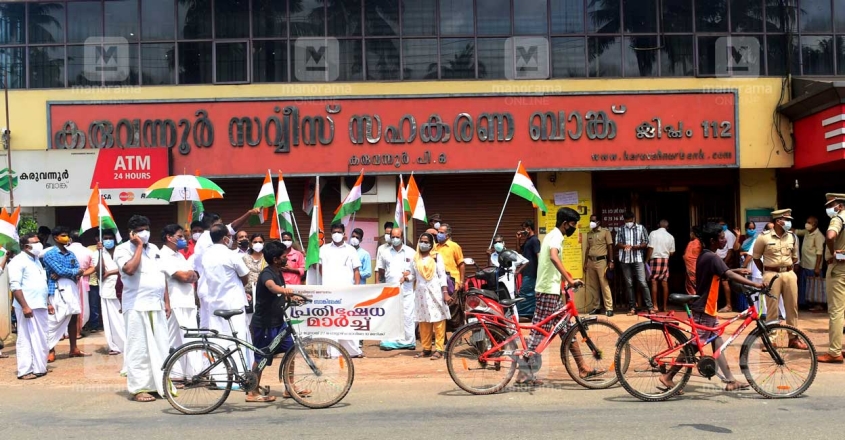Things took a bleak turn for the Kerala Government recently, when the Thrissur-based Karuvannur Cooperative Bank rejected pleas by a customer to withdraw a part of his deposit of Rs 40 lakh. Consequently, the customer’s wife died as they did not have money to meet the hospital bills for a critical operation. After that similar deeds of mismanagement, embezzlement, and non-disbursement of deposits have surfaced not only from the Karuvannur but other cooperative banks across Kerala. Kerala has 1600 cooperative banks in all, with bulk of them controlled by CPM. The Kerala Cooperative Minister, VN Vasan, admitted in the assembly that 160 cooperative banks are unable to return funds to depositors due to financial crunch. The modus operandi of cooperative banks are simple. The political parties/leaders start the bank first in each district and then in big towns. Local leaders at the municipality, block and ward level, head these banks. They then employ their cadre in the bank as clerks, managers, peons, sweepers etc. Then they use their clout and political muscle to garner deposits promising higher rates of interest than scheduled banks. Loans are then disbursed to those who curry favour with the party and leaders. Home Minister Amit Shah, who is also the Co-operative Minister is yet to swing into action as majority of the 98,042 co-operative banks in India are in two politically sensitive states, Maharashtra and Gujarat.

 Politics
Politics Business
Business Entertainment
Entertainment Sports
Sports Celebrities
Celebrities





